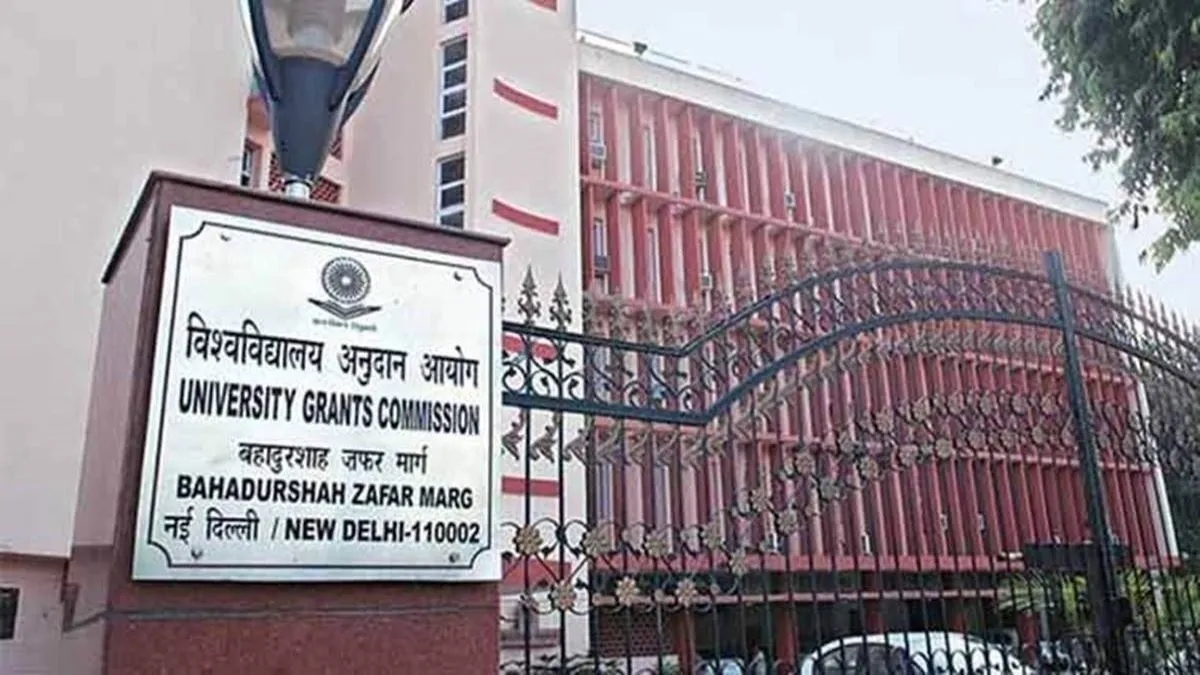To promote credit transfer and accumulation, IITs unanimously accept the National Credit Framework
The Indian Institutes of Technology (IITs) overwhelmingly accepted the National Credit Framework (NCrF) to facilitate credit earning, transfer, and accumulation by students across all IITs. The decision was made at the 55th IIT Council meeting on April 18, during which the UGC Chairman delivered the NCrF.
The NCrF, a comprehensive framework embracing primary, secondary, postsecondary, and vocational education and training, incorporates creditisation of learning across several dimensions such as academics, occupational skills, and experiential learning. With the implementation of NCrF, all 23 IITs will be able to provide students the opportunity to earn credits that can be transferred and accumulated for future academic pursuits.
The UGC Chairman praised the decision, saying, “Adoption of national credit framework by the IIT Council is a great decision because this will provide a better equivalence of credits obtained in general (academic) education, technical education, and skill & vocational education.” It will inspire the remainder of the higher education system to adopt and apply the national credit framework, resulting in a uniform inclusive meta framework throughout the country.”
Aside from adopting NCrF, the IIT Council examined student suicides and emphasised the significance of a solid grievance redressal mechanism, increased psychological counselling, reduced pressure, and emphasising the importance of lessening students’ fear of failure or rejection.
The IIT Council’s unanimous adoption of NCrF is a key step towards establishing a more student-centric education system in India, where students can harness their learning across schools and domains. The IITs have provided an example for other higher education institutions to follow and apply the national credit system, resulting in a uniform and inclusive meta framework for education across the country.























